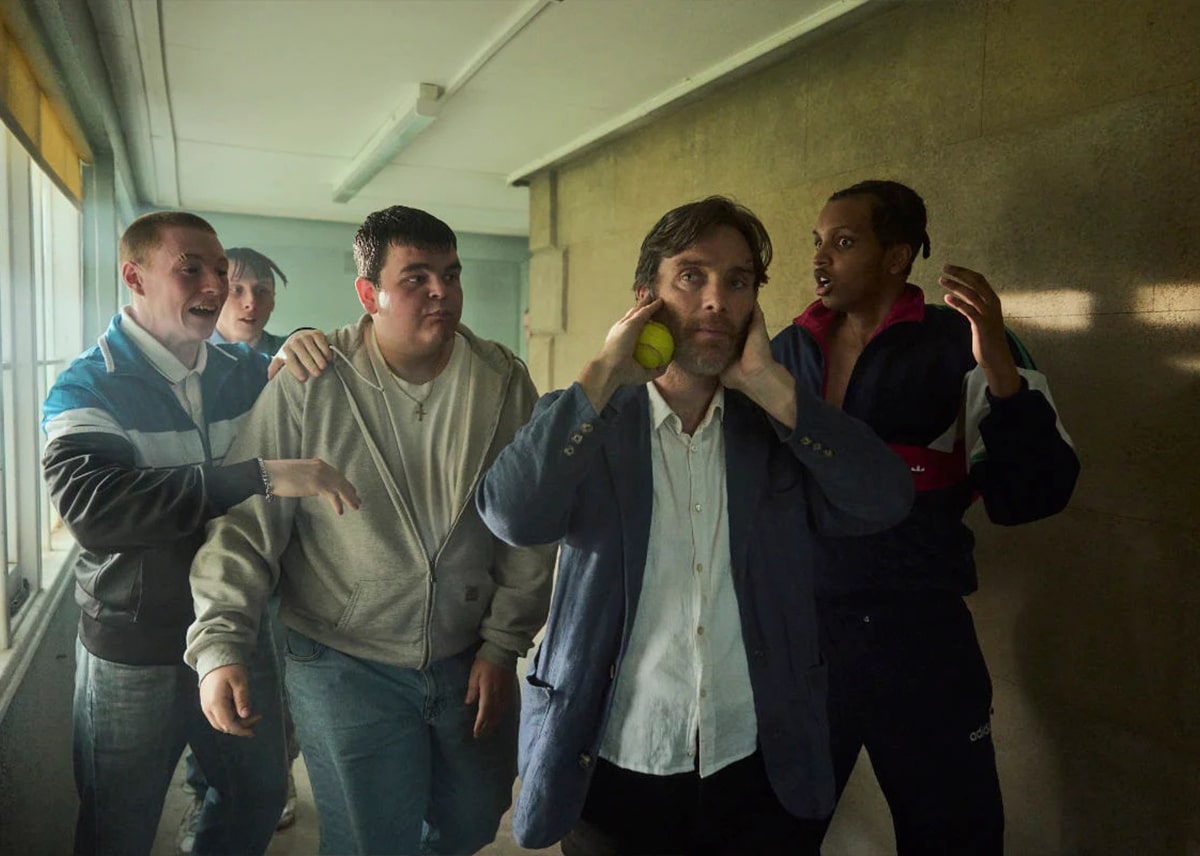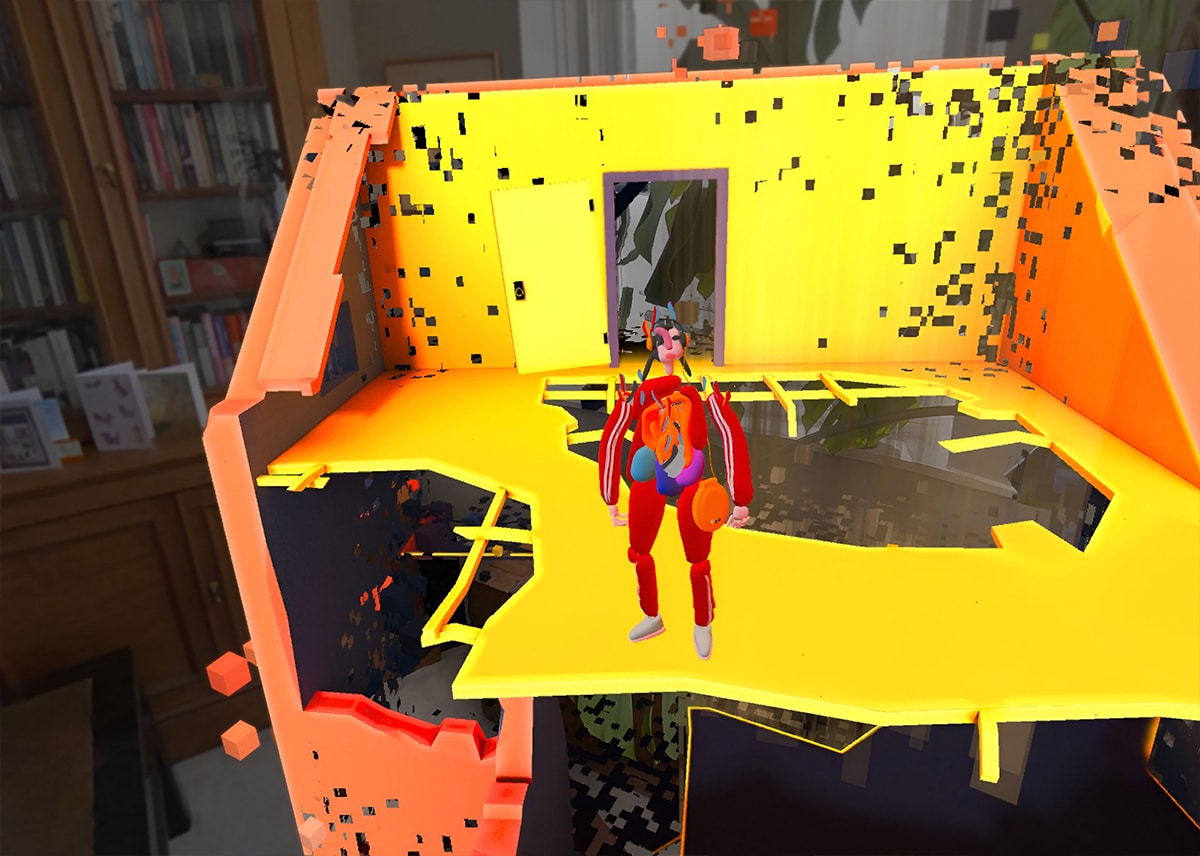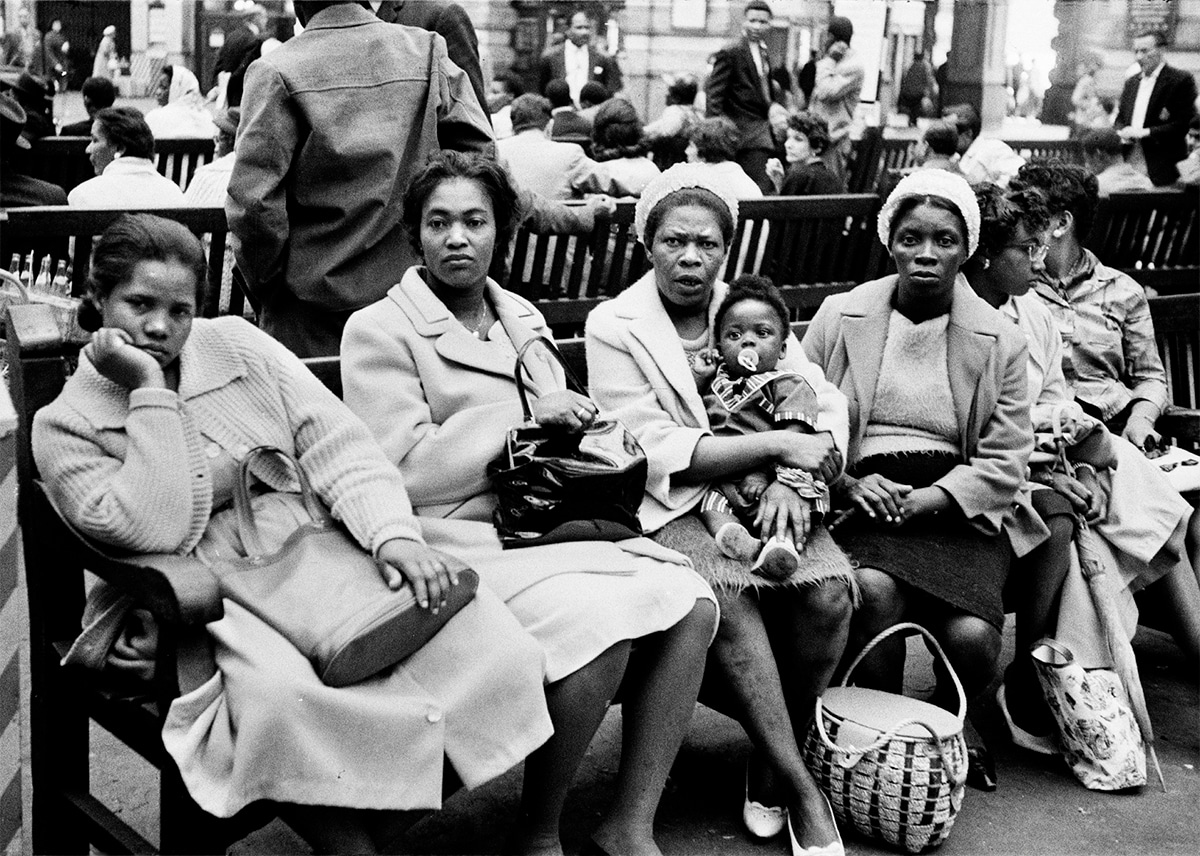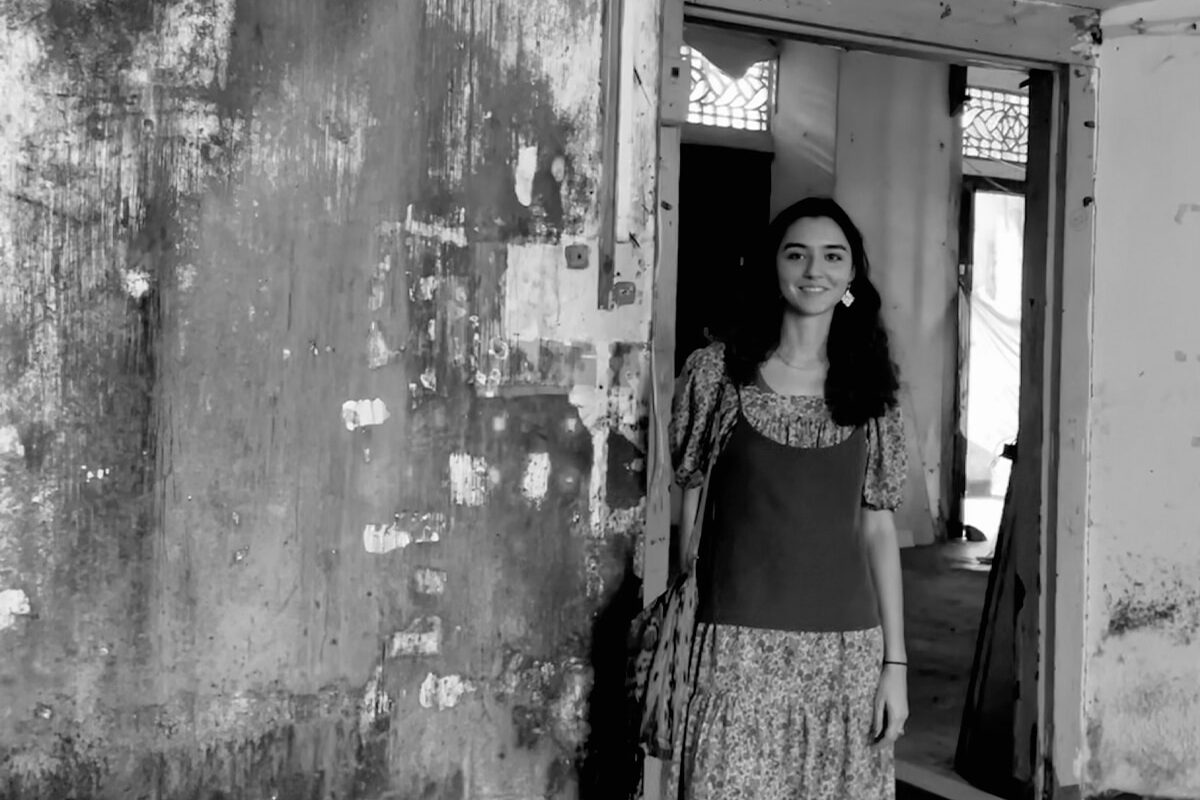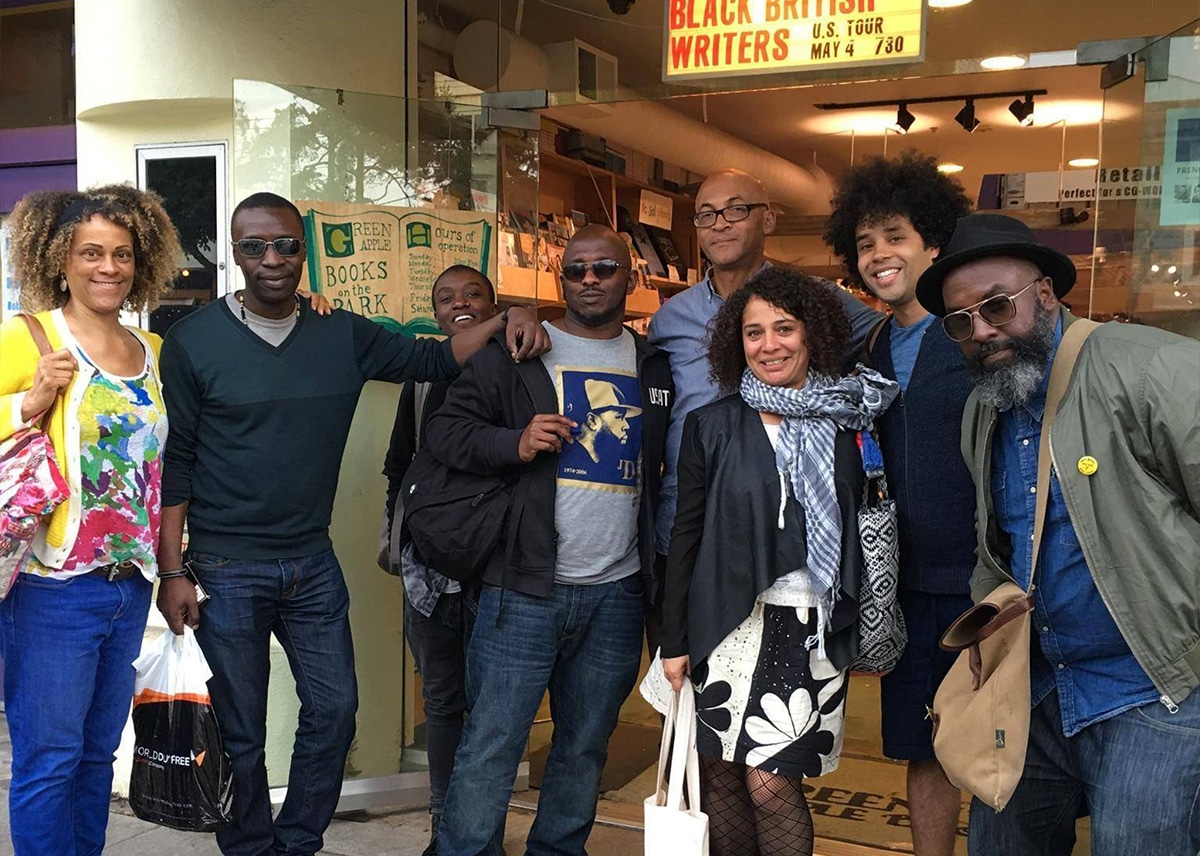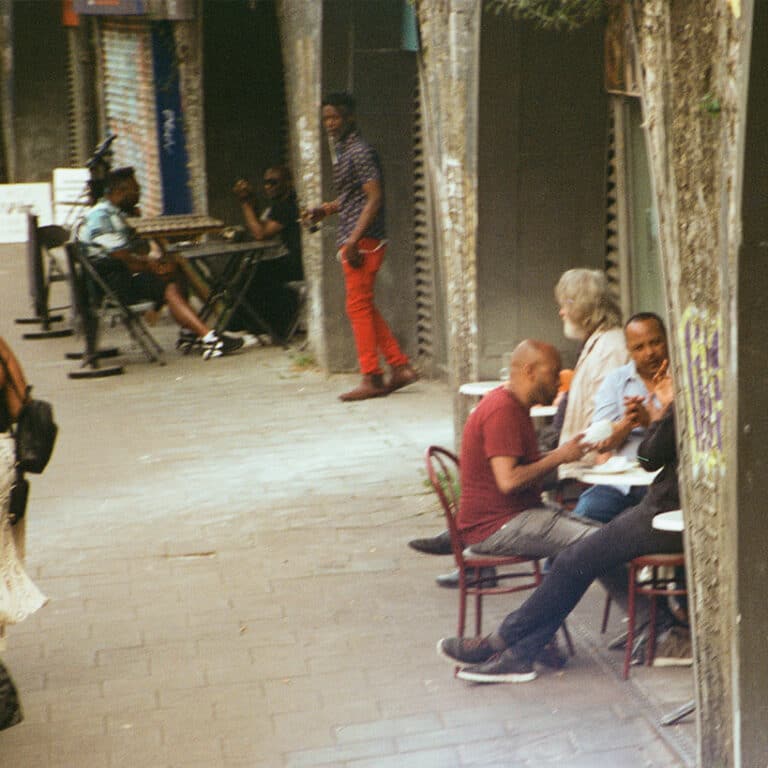Passiontide

Monique Roffey
(Penguin, 2024)
Review by Tim Finch
As well as being a prize-winning novelist, Monique Roffey is a renowned activist and her new novel Passiontide is, perhaps above all, a paean to activism; how it is as much a mischievous and congenial act as it is a transgressive and transformative one. Street protests may have a deadly serious motive and purpose, but they are also a lot of fun.
So it is that Roffey’s main protagonists, Sharleen, Tara and Gigi, in leading an Occupy-style encampment in protest at a wave of murders of women on the fictional island of St Colibri, bare their backsides, call a sex strike, wickedly subvert Passion Week rituals and generally feast and party in an atmosphere of joyous sisterhood. Roffey is good at capturing the physical hardships of the month-long occupation too, the dips in morale and stamina, but above all, the air she summons up is one of almost euphoric celebration.
Meanwhile, the men look on – in the main, mean-spiritedly if not downright malevolently, especially the two central male leads, Cuthbert Loveday, the police inspector, and Errol Solomon, the island’s prime minister. Their centrality points to the fact that Passiontide is – in most regards – a very different book to Roffey’s previous novel, the Costa winning The Mermaid of Black Conch (2020). This time we are in the hardboiled and gritty terrain of contemporary politics and the police procedural, with prose to match – ‘It was midday and hot like Lucifer’s crotch’; ‘the weather hot like a nun’s punani’. Gone, largely, is the lyrical magic realism of Mermaid.
A more mystical strain does linger in the poetic post-mortem soliloquys of Sora, the female victim of the murder that sparks the women’s ‘uprising’, but these interludes feel rather tepid and unintegrated, and Roffey seems largely to lose interest in them. More uncomfortably, at some point they are replaced by versified interior monologues of a male murderer – a shift in perspective too far, perhaps?
To be fair to Roffey, these monologues are presumably inserted to suggest that even men who murder women are not simply evil, but rather suffering human beings whose actions need to be understood in the context of child abuse, endemic violence, homelessness, addiction, gang warfare and the toxic legacy of colonialism. Loveday comes up with a simple, not to say glib, equation ‘No love = killing easy’; while a more sophisticated formula is put in the mouth of Tara, the leader of the local Women’s Group, ‘Masculinity, here, born from an oppressed mindset. Hurt people hurt others; hurt men will hurt the next down, women’.
So, Roffey and her female characters are more than generous to the men in the novel, even though they are mainly shown to be self-pitying, self-justifying and sexually insatiable. But this generosity is in the spirit of a book which though full of righteous fury is also sweetly humane, even in some ways sentimental, most notably in the blossoming love affair between Forrester, the white, male police pathologist, and Gigi, the black leader of the Port Isabella Sex Workers collective. There are dark and literally earth shattering twists at the end of Passiontide. But there is also a lot of redemption and hope. Roffey, as a committed activist, seems to be saying that if you take a stand against social injustice, you can bring about positive change. It is a heartwarming message for these bleak times.
https://www.penguin.co.uk/books/446129/passiontide-by-roffey-monique/9781787303188
Steve
The film adaptation of Max Porter's novella Shy is not a story about middle-class adults rescuing troubled youth; the grown-ups aren’t okay
Impulse: Playing with Reality
A mixed reality experience by Anagram that journeys into the ADHD mind
Soon Come
In Soon Come, readers are treated to a narrative that has been, figuratively speaking, marinated in jerk seasoning
The seven lamps of writing
I write because I am, and I write because I am not
The lorry
'What if it was a phantom lorry, and my grandfather, who always showed an interest in my writing, had driven it here from the afterlife to make sure I was hitting my targets every day?'
In defence of Black History Month
Is it time to bring an end to the UK's Black History Month?

Preaching
'Preaching': A new poem by the T.S.Eliot Prize-winning poet Roger Robinson, from his forthcoming New and Selected Poems (Bloomsbury in 2026).
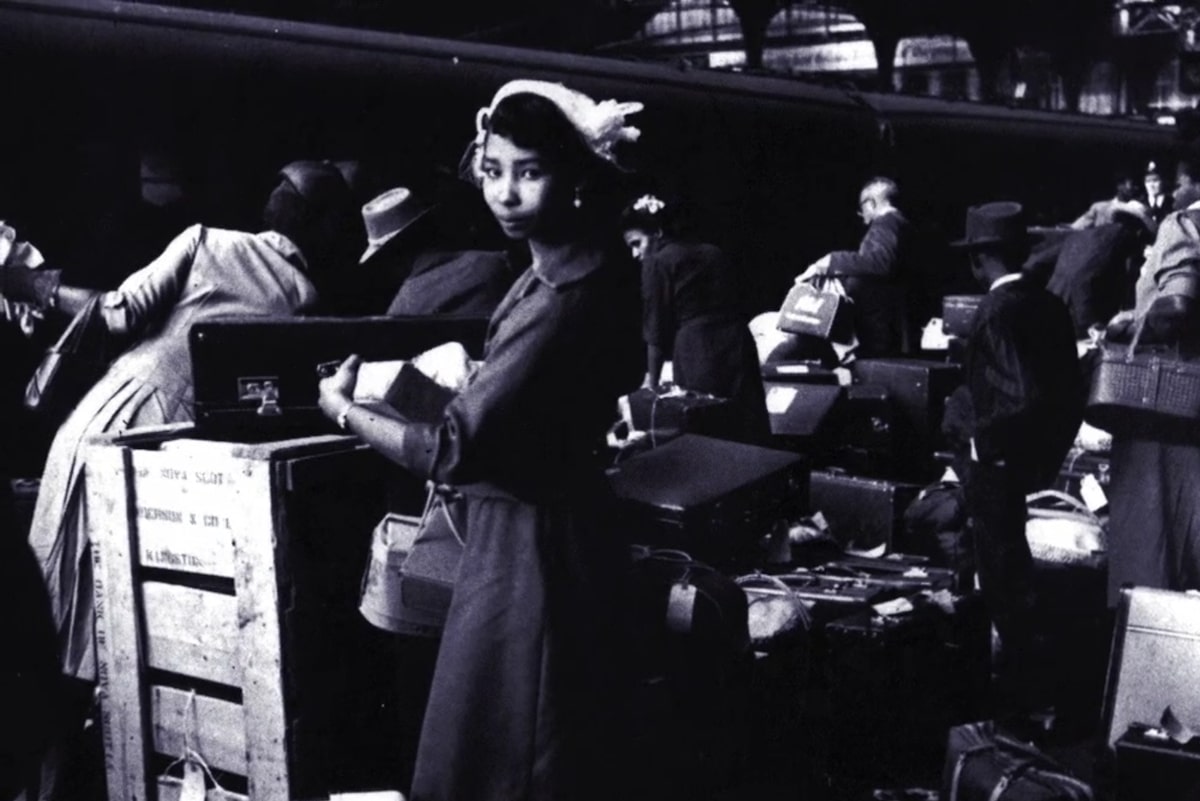
Walking in the Wake
Walking in the Wake was produced for the Estuary Festival (2021) in collaboration with Elsa James, Dubmorphology and Michael McMillan who meditates on the River Thames as we follow black pilgrims traversing sites of Empire.

Illuminating, in-depth conversations between writers.
SpotifyApple Podcasts
Amazon Music
YouTube
Other apps

The series that tells the true-life stories of migration to the UK.
SpotifyApple Podcasts
Amazon Music
YouTube
Other apps

